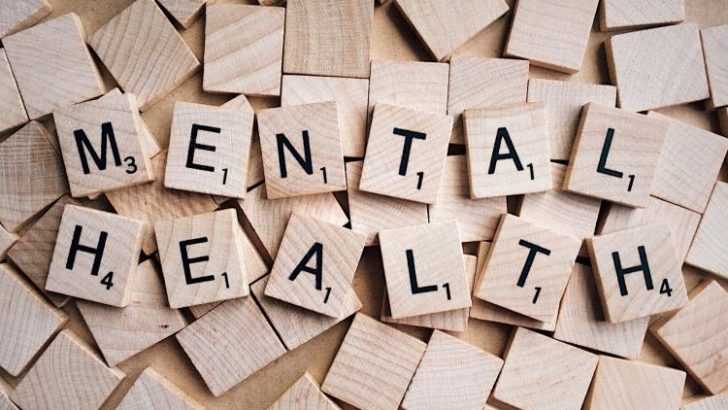School chaplaincy and pastoral support teams have a key role to play in protecting Irish adolescents’ mental health, it has been claimed.
Speaking to The Irish Catholic ahead of the 2017 Self-Harm Awareness Conference, held in Dublin’s Aviva Stadium yesterday (March 1) Capuchin Bro. Martin Bennett said the conference’s focus was on adolescents.
“Mental health issues are hugely important in school settings,” the Rochestown College chaplain and former Samaritans volunteer said, describing how suicides in Cork over recent years have affected schools in the city.
“There has been a big number of suicides over the last year,” he said. “One school had two students in close succession take their own lives, and these things have ripple effects across the community.”
A frequent speaker at schools’ mental health awareness weeks, Bro. Martin explained how he is pioneering a programme at Rochestown called PATHS – Positive Approaches To Health and Study, aimed at helping students in “dealing with emotions, thinking processes, low mood, anxiety and stress”.
“It’s a huge thing for people experiencing low mood and anxiety to know when they need outside help”, Bro. Martin said, adding that the course aims to give students coping skills to navigate adolescent lifestyles, including advice on social media involvement.
“It’s about empowerment of young people,” he said, explaining that while school emphases on academic and sporting success obviously matter, “emotional, psychological and spiritual health are all important parts of who they are as human beings – spiritual health is hugely important as part of their whole mental health.”
Different schools have different cultures and approaches to chaplaincy services, he said, but working together chaplains, career guidance counsellors, year heads, and others can spot early signs that students are facing difficulties.
Identifying problems are, however, only a first step, Mater Hospital Psychiatrist Prof. Patricia Casey told The Irish Catholic: “Prevention is obviously the best way forward, but mental health requires resources. It’s not just about identifying need – it’s how you respond to it.”


 Greg Daly
Greg Daly
